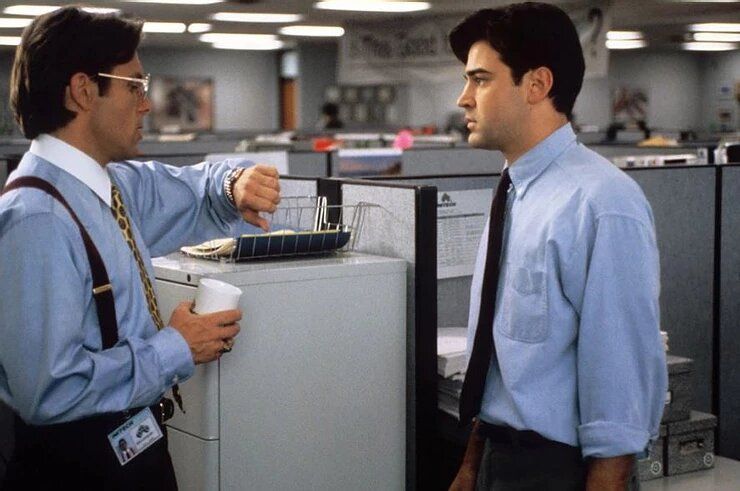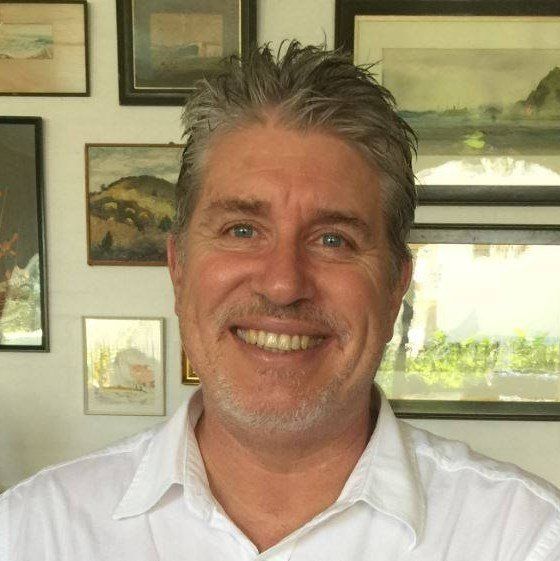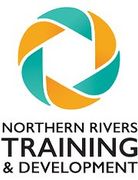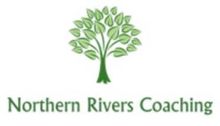October 9, 2020
Most of our lives are spent pursuing the path of least resistance. The method which offers up the most economy of effort. The lifestyle or workplace relationship that involves the least hassle, or conflict. We tend to do what is easiest. That is not to say we don't sometimes make life unnecessarily hard for ourselves. But that usually involves avoiding some truth, some uncomfortable and confronting experience where we might feel some shame or embarrassment. This avoidance, if not dealt with completely can seriously impact us and others around us. And worse - this can lead to something much more dangerous - denial. At this point we have lost insight into what is really happening, and instead we start to convince ourselves that everything is OK. We start to believe our own bullshit. At this point we might notice others starting to give up on us. It's not worth pointing out that we are heading down a path of misery, because we would never believe them or agree with them anyway. At work, people just start to tell us what we want to hear. And if we are in leadership roles, that has a serious impact on the wider company culture. It seems easier to avoid conflict. To escape embarrassment or awkwardness. But sometimes, the path of least resistance ends up being much harder in the longer term. Whether you are refusing to address a health problem, a financial problem, or a relationship problem, it will strike you that the avoidance is short lived as a strategy for comfort or reduced pain and suffering. What we resist persists, as Carl Jung famously said. Have you ever noticed that sometimes taking the less comfortable road can produce an outcome that requires much less effort in the longer term? So we get up early and make it to the gym. The yoga mat. The road, the bench, the punching bag, or the swimming pool. The rest of the day feels a lot more comfortable afterwards, because we have stimulated some chemistry within us that builds on our resilience. We've also invested a tiny bit in our self esteem, and we allow ourselves a moment of gratitude or pride in having accomplished something - just for us. The evidence of investment in those "stairs" is beyond doubt. Taking the stairs instead of the elevator. Beating those step challenges. Or simply going for a walk - maybe one that involves a few stairs or a steeper incline on the hill. The benefits to our mental and physical health are many. Where are the opportunities in other areas of your life where you might choose to "take the stairs"? Here's a few examples I heard about when asking others this question recently: - Apologising to your partner for being obnoxious last night - even though it was a two way street - Confronting your boss with some concerns about the direction the company might be taking that is out of sync with your values - Jumping on the scales - Speaking to your doctor about your drinking, or another health problem that is causing you some fear and shame - Ringing that client whose business you are worried about losing - Calling your Mum! It doesn't matter what it is, there is always something within each of us where we know we haven't "taken the stairs" and if we can look in the mirror, with love and a smile, maybe a wink to ourselves, and say "it's time", we will never look back. Life can, and should feel easier. There is way too much dysfunctional stress experienced within most of us to be considered healthy. However most of that stress comes from being conflicted - knowing we should say something or take some action, but worrying about the consequences - and avoiding doing the right thing. If we can remember that taking the stairs sometimes can not only be good for us, but feel good as well (maybe not during but certainly afterwards!) - then hopefully life will start to feel a lot easier. Have a great week and enjoy your moment on the stairs. Cheers - Greg



















